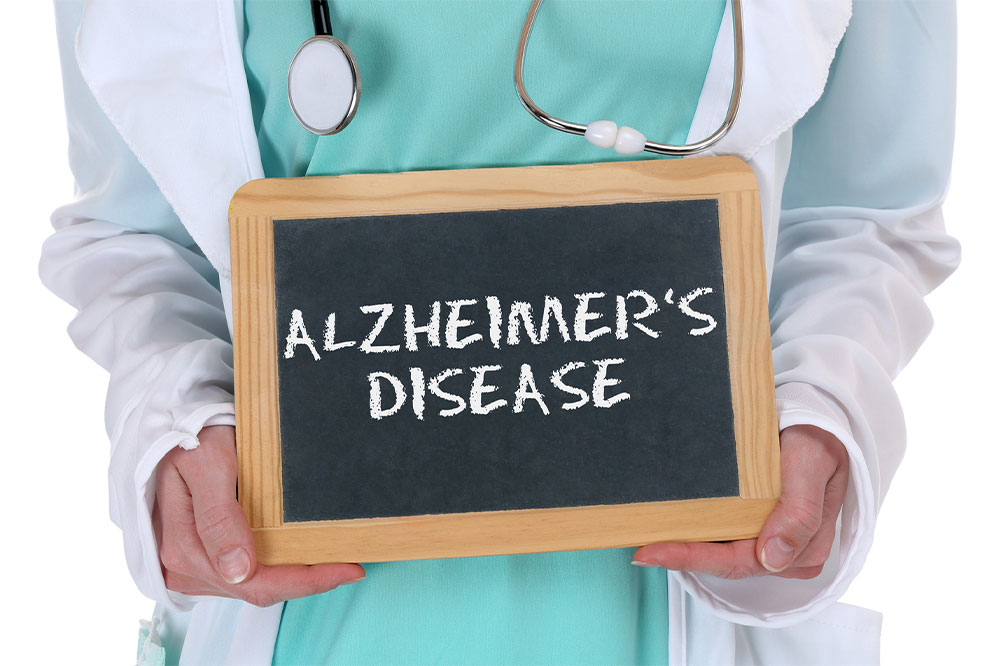Recognizing the Early Indicators of Alzheimer's Disease
This article explores the key signs and symptoms of Alzheimer's disease, emphasizing the importance of early detection. It highlights progression stages, common indicators like memory loss and disorientation, and discusses management options. Recognizing early symptoms can lead to better care and improved quality of life for affected individuals. The piece aims to educate readers on how to identify and respond to the initial stages of this neurodegenerative disorder, emphasizing timely medical consultation and treatment strategies.
Sponsored

Our memories are vital parts of our identity, constantly reminding us of lessons and experiences. The loss of these memories can be devastating.
Alzheimer’s disease is a progressive neurological disorder that impairs cognitive functions and is the leading cause of dementia globally. As of 2015, it affected nearly 30 million people worldwide.
This disease is both challenging and life-altering. Recognizing its symptoms early can significantly improve management and quality of life.
Alzheimer’s symptoms develop gradually, so awareness is crucial for early detection.
The progression typically spans 3 to 9 years, starting with mild cognitive issues.
Initial Warning Signs:
The first noticeable sign is difficulty recalling recent events, names, or familiar objects.
As the disease advances, additional symptoms appear, such as:
Problems with planning or problem-solving: Difficulty creating or following plans and managing complex tasks.
Familiar task decline: Forgetting how to operate everyday appliances or complete routine activities.
Language difficulties: Struggling with words, pronunciation, or follow-through in conversations.
Social withdrawal: Reduced engagement in social activities and contact.
Personality and mood changes: Sudden paranoia, anxiety, depression, or hallucinations.
Disorientation: Losing track of time, place, or familiar surroundings.
Visual and spatial challenges: Problems judging distances, distinguishing colors, or focusing.
Misplacing items: Forgetting where items are kept and being unable to retrace steps.
Judgment and self-care decline: Poor decision-making and neglect of personal hygiene.
These early and moderate signs gradually intensify. In advanced stages, individuals may lose ability to communicate, care for themselves, and control bodily functions. Additional complications include weight loss, seizures, infections, and decreased mobility.Early diagnosis allows for better symptom management. While Alzheimer’s cannot currently be cured, early detection and proper care can slow progression and improve quality of life. Consulting a healthcare professional is critical for accurate diagnosis and treatment planning.
Treatment and Outlook
Although a cure remains elusive, various therapies can help manage symptoms and prolong independence. Medications, psychological support, and occupational therapies are beneficial. Regular health assessments are vital, with an average survival of 8 to 10 years post-diagnosis. Recognizing early signs is key to reducing distress and planning effective care, supporting both patients and their families.






